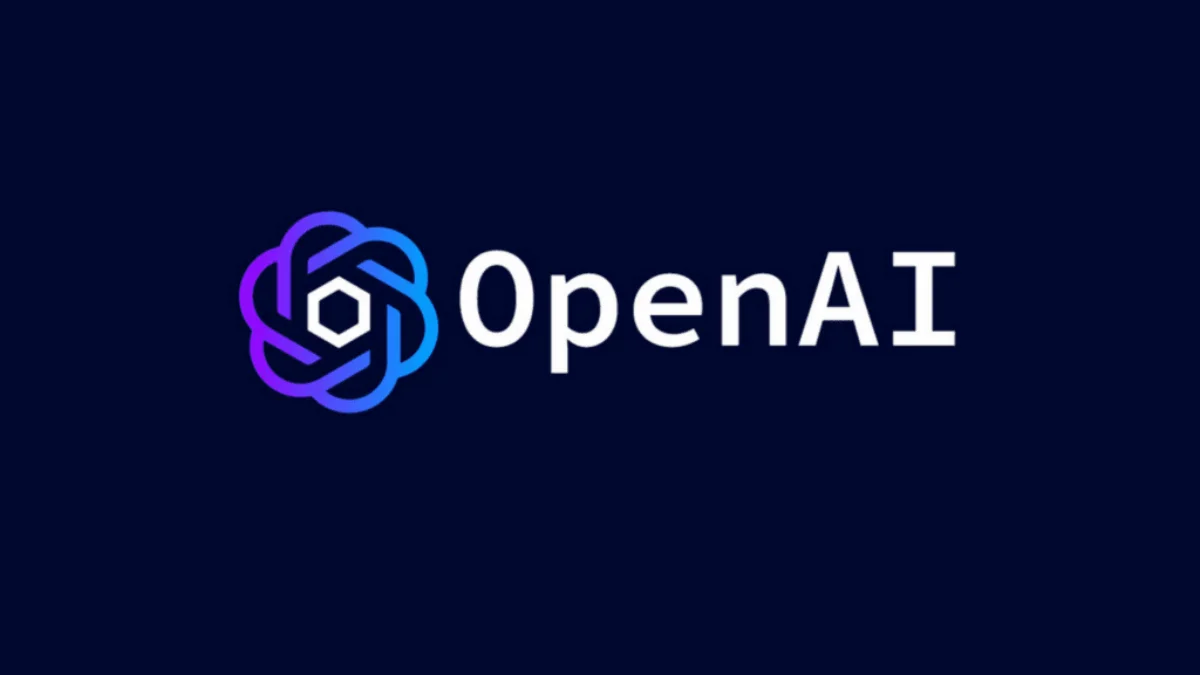Necessary Always Active
Necessary cookies are required to enable the basic features of this site, such as providing secure log-in or adjusting your consent preferences. These cookies do not store any personally identifiable data.
|
||||||
|
||||||
|
||||||
|

In Focus
In a move underscoring the massive capital requirements of modern artificial intelligence, OpenAI has sought U.S. government backing to support its infrastructure and data center investments exceeding $1 trillion. According to Livemint, the company is in talks to secure federal loan guarantees that would help lower borrowing costs for large-scale infrastructure expansion.
OpenAI’s financing strategy could include support for its massive “Stargate” data center project, estimated at $500 billion, and a $300 billion collaboration with Oracle Corporation. Both ventures are central to the company’s long-term goal of scaling computational capacity required to advance generative AI models. The request for OpenAI US loan guarantees marks a significant intersection of private innovation and government-backed industrial development.
Related Post – OpenAI INDQA Launch Advances Indian-Language AI Benchmarking
While OpenAI’s growth trajectory remains one of the most aggressive in the global tech ecosystem, its spending commitments far outpace its revenue generation. The company reportedly expects annual revenues in the tens of billions of dollars, which remain substantially lower than its infrastructure obligations.
To mitigate these pressures, OpenAI is pursuing long-term partnerships and financial instruments that can offer stability amid volatile AI market conditions.
Key investment initiatives include:
In its current financial strategy, OpenAI appears to be aligning with national interests in AI competitiveness, potentially positioning itself as a cornerstone of U.S. AI infrastructure.
Amid discussions surrounding OpenAI government backing, CFO Sarah Friar addressed speculation about an initial public offering. Friar clarified that the company is not seeking an IPO yet, emphasizing its focus on operational and technological expansion rather than market listing. Recently, OpenAI is reportedly preparing for an initial public offering (IPO) that could value the company at as much as $1 trillion.
Industry analysts view this as a prudent move given OpenAI’s capital intensity and the current uncertainty in global technology markets. The company’s commitment to maintaining private control allows it to pursue ambitious, long-horizon projects without quarterly earnings pressures.
The scale of OpenAI’s investment strategy could redefine the economics of the global AI sector. By seeking OpenAI US loan guarantees and potential government backing, the company is signaling a shift in how critical digital infrastructure may be financed, through hybrid models of public and private funding. In other news, OpenAI is planning to introduce ChatGPT ads based on memory.
If approved, the OpenAI government backing proposal could set a new template for collaboration between major AI developers and national governments. It could further accelerate AI adoption across industries such as manufacturing, healthcare, and logistics, while reinforcing the United States’ leadership position in global AI development.
Whether the U.S. government extends financial support remains to be seen, but the move already marks a pivotal moment in the relationship between AI innovation and national policy. For enterprises across sectors, the message is clear: the future of AI will not only be determined by algorithms and talent but also by access to the infrastructure capable of powering them.